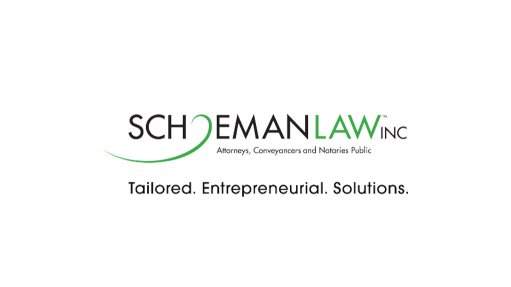
In South Africa, shareholders can protect themselves through a shareholders' agreement. A shareholders' agreement is a contract between the shareholders of a company that regulates their rights and obligations. It is a private agreement that is not required by law, but it can be an essential tool to protect the interests of shareholders.
How to Protect Yourself
Here are some ways that a shareholder can protect themselves through a shareholders' agreement.
Protection of Minority Shareholders
A minority shareholder may be at risk of being marginalised or oppressed by the majority shareholder. A shareholders' agreement can protect minority shareholders by providing them with certain rights, such as appointing a director, vetoing certain decisions, or selling their shares in certain circumstances.
The Companies Act of 2008 protects minority shareholders through the concept of "oppression." Section 163 of the Act states that a shareholder may apply to a court if they believe that the company's affairs are being conducted in a manner that is "oppressive" or "unfairly prejudicial" to their interests.
It would be advisable when you are a minority shareholder in a company to conclude a shareholders’ agreement that seeks to protect you by including anti-dilution terms, which can take the form that you, as a current shareholder, have the right of pre-emption to purchase the shares of another shareholder before they sell those to a third party.
Protection of Intellectual Property Rights
A shareholders' agreement can also protect a shareholder's intellectual property rights, such as patents, trademarks, and copyrights. The agreement can specify who owns the intellectual property, how it can be used, and how any profits from the intellectual property will be shared.
Protection of Confidential Information
A shareholders' agreement can also protect a shareholder's confidential information, such as trade secrets, customer lists, and financial information. The agreement can include provisions that prohibit the disclosure of confidential information and provide remedies for breaches of confidentiality.
It must be understood that a shareholders’ agreement is not a public document, unlike a memorandum of incorporation, which is freely accessible by the public. The best way to ensure confidentiality is to conclude a shareholders’ agreement that makes provisions for the protection any information that the shareholders deem to be confidential.
Conclusion
In conclusion, a shareholders' agreement can be an essential tool for protecting the rights and interests of shareholders in South African law. The agreement can address issues such as protecting minority shareholders, intellectual property rights, and confidential information. A shareholders’ agreement is not a standard document and is adapted to every shareholder's needs. You would be ill-advised to use a standard shareholder agreement template because it might not cater to your specific needs. It is always advisable to consult with an attorney before drafting and concluding such an agreement.
If you question whether or not to protect your interest as a shareholder, contact a specialist at SchoemanLaw Incorporated for your commercial needs.
Written by Johan De Lange, Attorney, SchoemanLaw Inc